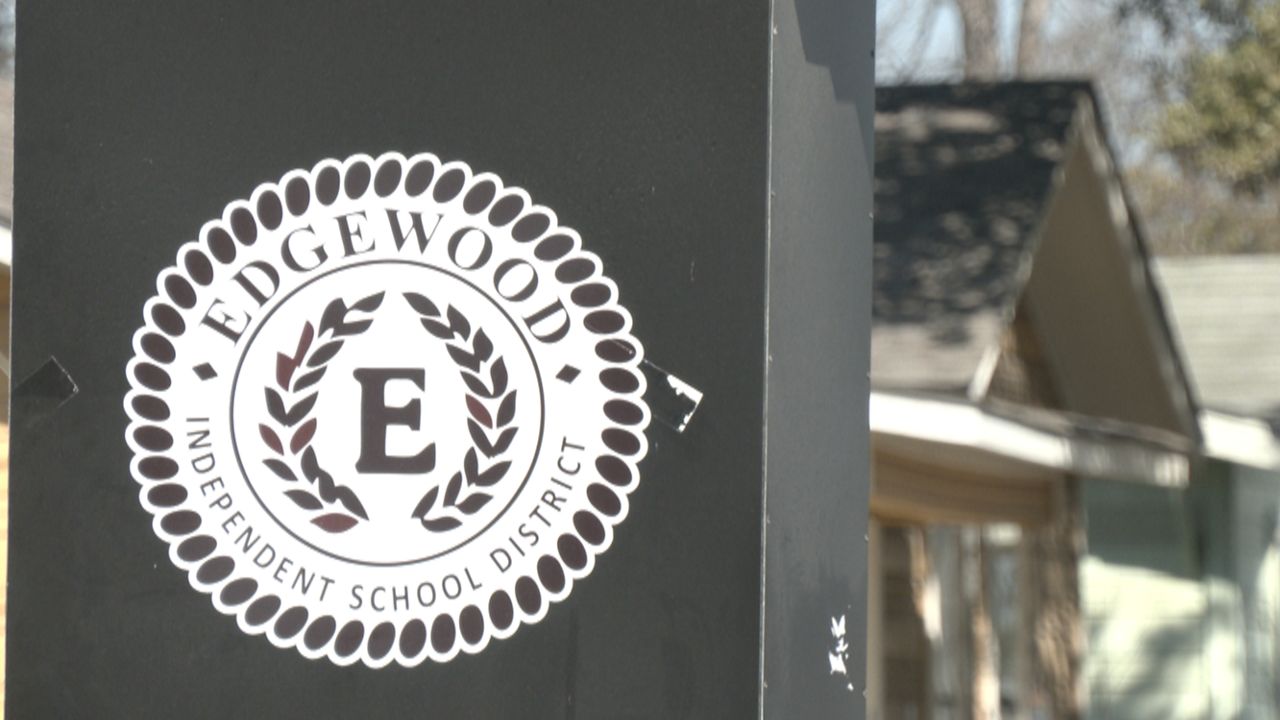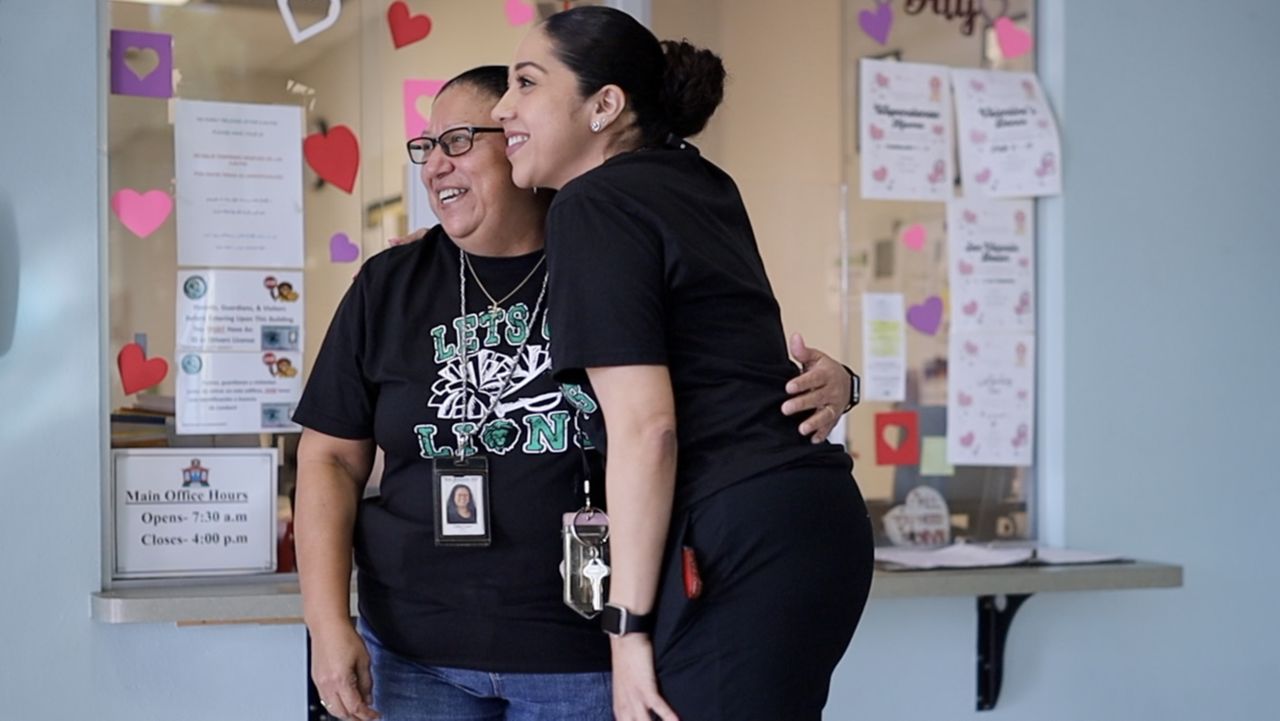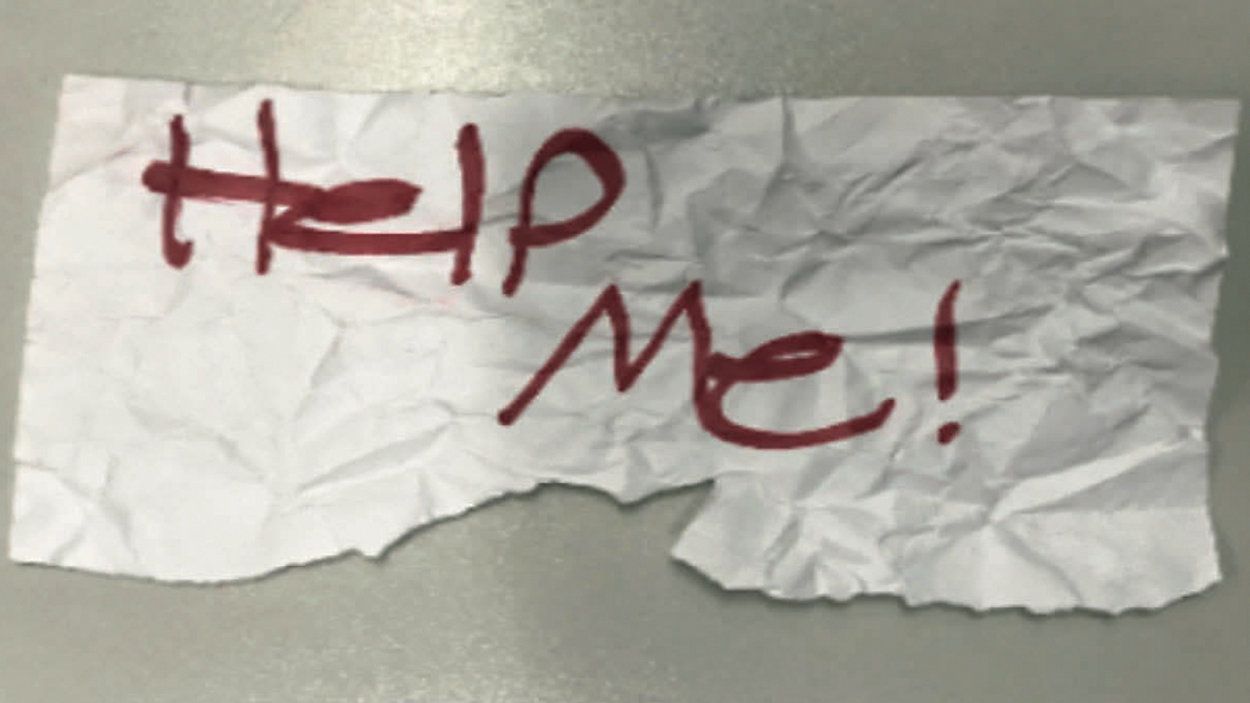AUSTIN, Texas — Researchers at the University of Texas at Austin’s Dell Medical School recently launched the Center for Psychedelic Research and Therapy.
The first of its kind in Texas, the center will research the potential for using psychedelics to treat severe depression, anxiety and PTSD.
Representatives say the center’s initial focus will be on military veterans living with PTSD, adults experiencing prolonged grief disorder or depression, and people who have experienced childhood trauma.
Nate Reeve uses yoga to improve his mental well-being. The veteran proudly served in the Navy for 16 years. Today he battles PTSD.
“I have dreams that I’m about to jump into a mission and I don’t have my helmet or I can’t find my gun and it just plays on loop,” Reeve explained.
To find help, Reeve attended his first clinical psychedelic retreat in June 2021. The retreats focus on specialized treatments for depression, anxiety, and PTSD.
“When you go to a retreat, you start with a coach weeks before. You start with lifestyle changes weeks before,” Reeve said.
Although Reeve says using psychedelics has helped him face PTSD and suicidal ideations, experts say there is still a relatively limited evidence base for psychedelic therapy. Veterans like Reeve hope that will change.
“We need to meet the data side with the spiritual side,” Reeve said.
Greg Fonzo is the center's co-lead. The goal is to better understand the potential for drugs like psilocybin, MDMA, ibogaine and ayahuasca when used as part of treatment with a trained provider.
Fonzo says the center’s initial focus will include military veterans living with PTSD.
“More and more studies coming out that are showing really potentially promising effects for treating various mental health conditions,” Fonzo said. “We have an interest in developing novel treatments for several of those conditions. And I also have been personally interested in psychedelics and how they might be utilized for promoting mental health benefits for several years now.”
Veteran programs The Mission Within and Heroic Hearts Project will be among the center’s first program partners.
“The center adds legitimacy to it, as does their future work,” Reeve said.











